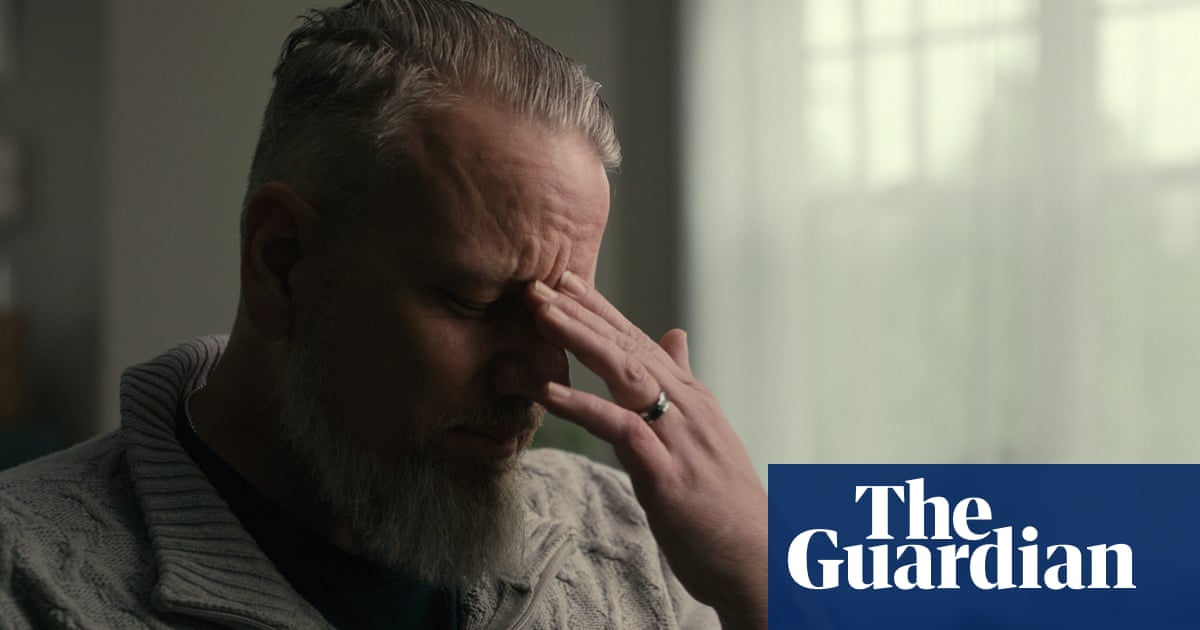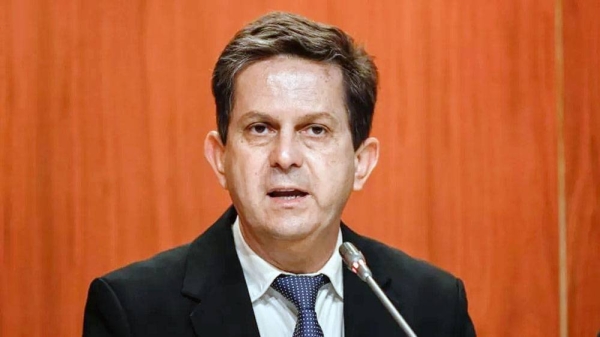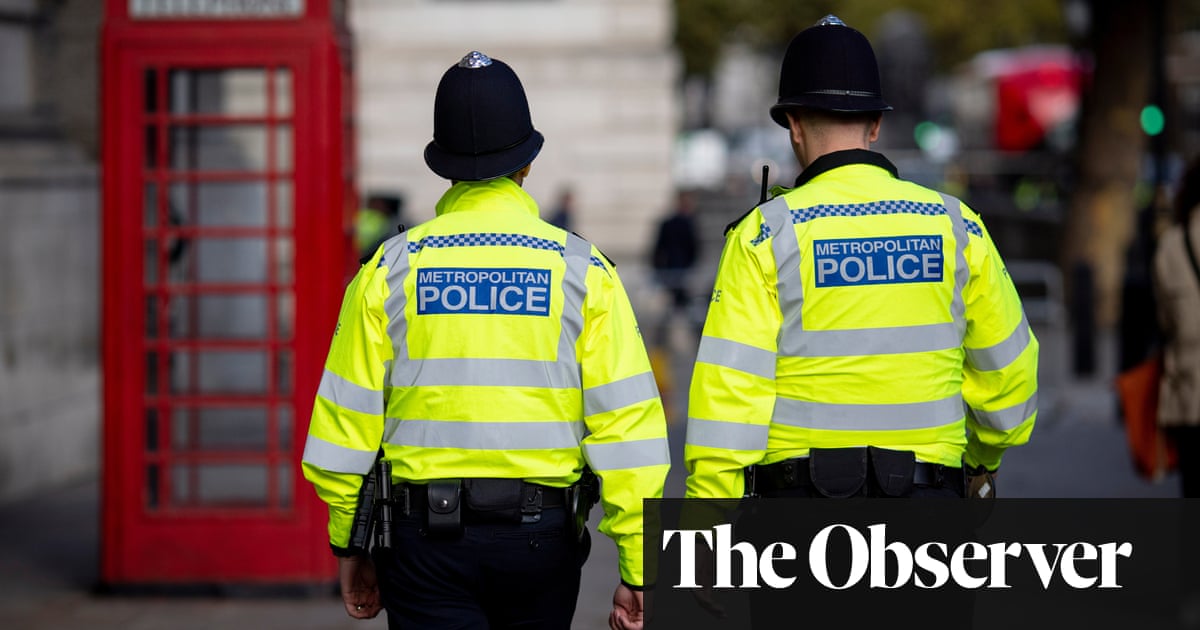
Michael Johnson first learned about the “ineligible volunteer files” on day one of his time with the Boy Scouts of America. Hired in 2010 as the organization’s first youth protection officer, Johnson, a longtime criminal investigator from Plano, Texas, who specialized in sex crimes, was tasked with recommending policies to keep its million members safe from sexual abuse by Scoutmasters, adult volunteers or fellow Scouts. The Boy Scouts, now known as Scouts BSA, had long failed to do this; the “ineligible volunteer files”, also known as the “perversion files” or “P-files”, were a private set of documents containing the names of known sexual abusers within the organization dating back to at least 1919 – evidence that the Boy Scouts, an institution associated with Rockwellian harmony and explicitly based in the ideals of leadership and courage, has long been aware of its unique vulnerabilities to sexual abuse.
Johnson attempted to address these vulnerabilities, namely the low barriers to entry for volunteering and the unsupervised overnight trips. But he kept running into barriers, either from higher-ups at the Boy Scouts of America, headquartered in Irving, Texas, or its religious partners, the Catholic church and the Church of Jesus Christ of Latter-day Saints, better known as the Mormon church, which severed ties with the Scouts in 2018 after it began admitting female, transgender and gay youths. Early in his tenure, Johnson asked for a standards of care document and was told there wasn’t one, even though the Scouts had officially advised on youth-serving organizations’ standard of care for the CDC.
The institution, he concluded, came first. “It’s a beautiful brand. BSA conjures up parades and apple pie, the American flag and all that,” Johnson says in Scouts Honor: the Secret Files of the Boy Scouts of America, a new Netflix documentary. As youth protection officer, Johnson says, he was primarily expected to “market the image of safety”.
The Scouts were aware that safety was a real problem for its young members. As the 94-minute documentary recounts through interviews with survivors, investigative journalists and experts on the archival record, there were numerous instances in which P-file names simply moved towns and volunteered with the Scouts again. The patterns of abuse stretch back decades; survivors of every generation – millennial, gen X, boomer – recount their experiences, and the punishing burden of shame. When the Boy Scouts of America filed for bankruptcy protection in the 2020, after several states changed their civil statutes of limitations for sex crimes and thus opened up a flood of potential litigation, the organization established a trust for compensation to victims of sexual abuse. Some 82,209 men filed claims, the largest case of child sexual abuse involving a single organization in US history.
“This was absolutely completely staggering. Many orders of magnitude more claims came forward against the Boy Scouts than ever came forward against the Catholic church,” said the film’s director, Brian Knappenberger. “I just felt like this had to be directly addressed head on in a longer form” than the short film he was working on prior to the bankruptcy.
The BSA has since exited bankruptcy, and is in the process of working through a $2.46bn settlement with the claimants. Johnson, meanwhile, has emerged as a whistleblower, publicly calling on the Scouts to institute more changes beyond compensation, and for a congressional investigation into the organization. “82,209, and that’s the the ones that came forward,” he told the Guardian. “Is this something that America wants to have a better understanding of? Why so many? What happened? And what needs to take place to stop this from happening?”
Scouts Honor outlines the numerous ways youth scouts are particularly vulnerable to abuse. Prior to 2010, there was almost no screening of potential volunteers. Scouting was an ideal pursuit for an abuser – a rotating supply of young boys, unsupervised overnight visits, a code of silence. As Patrick Boyle, a journalist who first began investigating sexual abuse cover-ups within the Boy Scouts in 1986, puts it in the film: “They had, essentially a product defect that they were ignoring, and it was that this organization was built in a way that molesters could get in, abuse kids and get away with it.”
Many abusers were respected community figures, church leaders or adults trusted by their family. The incentives to speak up were low, the risks of destabilizing betrayal high. Add to that the stigma of male sexual abuse, and the organization’s rampant homophobia – the organization said homosexuality was “inconsistent with the obligations in the Scout Oath and Scout Law” from its founding and only opened up its ranks to gay members in 2013 – and you have a recipe for silence and shame.
For several survivors, the film was the first time they ever spoke of their abuse, even to their families. “That’s how profound” the stigma is, said Knappenberger. Numerous participants spoke of lifelong anger, a shame at being marked, an inability to move past a defining incident. “You disassociate,” says Doug Kennedy, who was assaulted by a Scouts camp director during an overnight excursion. “What happened to me took something away … it’s a moment in time that’s burned into my head.”
The Boy Scouts have maintained that the changes implemented in recent years have fixed the problem; the organization’s website claims that “safety is a value that must be taught and reinforced at every opportunity. We are all responsible and must hold each other accountable to provide a safe environment for all participants” and lists such protections as mandatory youth protection training, criminal background checks, banning one-on-one youth-adult interactions, mandatory reporting of suspected abuse to law enforcement, and a volunteer screening database.
Johnson maintains that this is not enough, pointing to the lack of a government ID requirement for volunteers or a hotline, which studies indicate is a preferred method for gen Z youth reporting abuse. “This is not the first time the Boy Scouts had been sued or had investigative journalists look at sexual abuse within their organization, and it has not created the needed changes to ensure that the children are safe,” he said. “It is attainable. The Boy Scouts of America just refuses to do it.”
The film also calls out the organization’s deflection of responsibility, embodied by Steve McGowan, the Boy Scouts’ general counsel from 2013 until 2022, who participated in the film and maintains that the Boy Scouts is merely a microcosm of society, in which abuse occurs, and it is impossible to pre-screen everyone.
“It’s a dangerous deflection,” said Knappenberger. “Number one, it ignores the obvious – 82,000 people came forward. No, this isn’t like other scandals. This is vastly worse than other scandals.
“To look at a bankruptcy in which 82,000 people came forward and say, ‘Oh, this is just part of society at large’ is just … it’s wrong. It’s incorrect,” he added. “This is an institution that we hold up as moral leaders, that we say are going to teach our kids to be moral leaders, but when they had the choice about whether they’re going to do the right thing, they did the wrong thing – over and over and over again. That’s what the files show. And I think that’s what this latest rehashing of this same message is continuing to show.”
Though the film calls for reform and for a congressional investigation – “it needs to happen for the Boy Scouts to have any integrity to move forward,” said Knappenberger – the ending note belongs to the survivors. The embarrassment, the shame, the years of anger and silence, the loved ones who were never told, never given a chance to respond with grace. For some, the suicidal ideation, or remembrance of friends lost to these demons. And then: the catharsis of coming forward, of telling one’s story. “We can get angry at the Boy Scouts, and we can try to call for change, but we do have to remember that there’s a deep, deep courage that comes from being able to tell this story,” said Knappenberger.
“It all springs from that courage.”
Scouts Honor: the Secret Files of the Boy Scouts of America is now out on Netflix
In the US, call or text the Childhelp abuse hotline on 800-422-4453 or visit their website for more resources and to report child abuse or DM for help. For adult survivors of child abuse, help is available at ascasupport.org. In the UK, the NSPCC offers support to children on 0800 1111, and adults concerned about a child on 0808 800 5000. The National Association for People Abused in Childhood (Napac) offers support for adult survivors on 0808 801 0331. In Australia, children, young adults, parents and teachers can contact the Kids Helpline on 1800 55 1800, or Bravehearts on 1800 272 831, and adult survivors can contact Blue Knot Foundation on 1300 657 380. Other sources of help can be found at Child Helplines International












